
www.pnas.org/doi/10.1073/...

www.pnas.org/doi/10.1073/...
🗓️30th October 2025, 15:00 UTC🗓️
Join us next week to hear from Dr Oskar Hagen, on “Mechanistic biodiversity modelling with gen3sis: population-based simulations across regional and global domains to deep and shallow time” 🌐
Register here: bit.ly/palaeoverse-...

🗓️30th October 2025, 15:00 UTC🗓️
Join us next week to hear from Dr Oskar Hagen, on “Mechanistic biodiversity modelling with gen3sis: population-based simulations across regional and global domains to deep and shallow time” 🌐
Register here: bit.ly/palaeoverse-...
@eth-eaps.bsky.social
eaps.ethz.ch/en/news/arch...

@eth-eaps.bsky.social
eaps.ethz.ch/en/news/arch...
We - incl. @westobymark.bsky.social @biogeokreft.bsky.social and others - show that traits are linked to species’ colonisation and extinction probabilities on #islands — with direct implications for species persistence and the Equilibrium Theory of Island #Biogeography

We - incl. @westobymark.bsky.social @biogeokreft.bsky.social and others - show that traits are linked to species’ colonisation and extinction probabilities on #islands — with direct implications for species persistence and the Equilibrium Theory of Island #Biogeography



A 64.6% increase from 2024, it's the most popular call in over four decades.
Excellence thrives where it is enabled, protected and shared — and Europe provides that environment.
→ europa.eu/!jcnGgP
#ChooseEurope

A 64.6% increase from 2024, it's the most popular call in over four decades.
Excellence thrives where it is enabled, protected and shared — and Europe provides that environment.
→ europa.eu/!jcnGgP
#ChooseEurope
We did. So we used data from the 16-ha Luquillo Forest Dynamics Plot 🇵🇷 to investigate the spatial scale of soil eDNA samples for tree🌴🌳 diversity.
(Please share with #eDNA folks!)
www.pnas.org/doi/full/10....
We did. So we used data from the 16-ha Luquillo Forest Dynamics Plot 🇵🇷 to investigate the spatial scale of soil eDNA samples for tree🌴🌳 diversity.
(Please share with #eDNA folks!)
www.pnas.org/doi/full/10....
• Functional island #biogeography
• Co-evolution of #landscape & life
• Biocultural #geography incl. #culture & #languages
• Quantitative #paleoecology in the era of big data
📅 Abstracts –Sep 8
📅 Early-bird reg. Oct 31, 2025
👉 conferences.au.dk/tibs-aarhus-2026/registration

• Functional island #biogeography
• Co-evolution of #landscape & life
• Biocultural #geography incl. #culture & #languages
• Quantitative #paleoecology in the era of big data
📅 Abstracts –Sep 8
📅 Early-bird reg. Oct 31, 2025
👉 conferences.au.dk/tibs-aarhus-2026/registration
We are hosting a symposium on the Co-evolution of Landscape and Life, stimulating interdisciplinary discussions and collaborations!
#Biogeography is central to understanding the #biosphere & is more important than ever!♨️

We are hosting a symposium on the Co-evolution of Landscape and Life, stimulating interdisciplinary discussions and collaborations!
We found that formerly common species have declined the fastest, on average.
📄 North American bird declines are driven by reductions in common species | Science Advances www.science.org/doi/10.1126/...
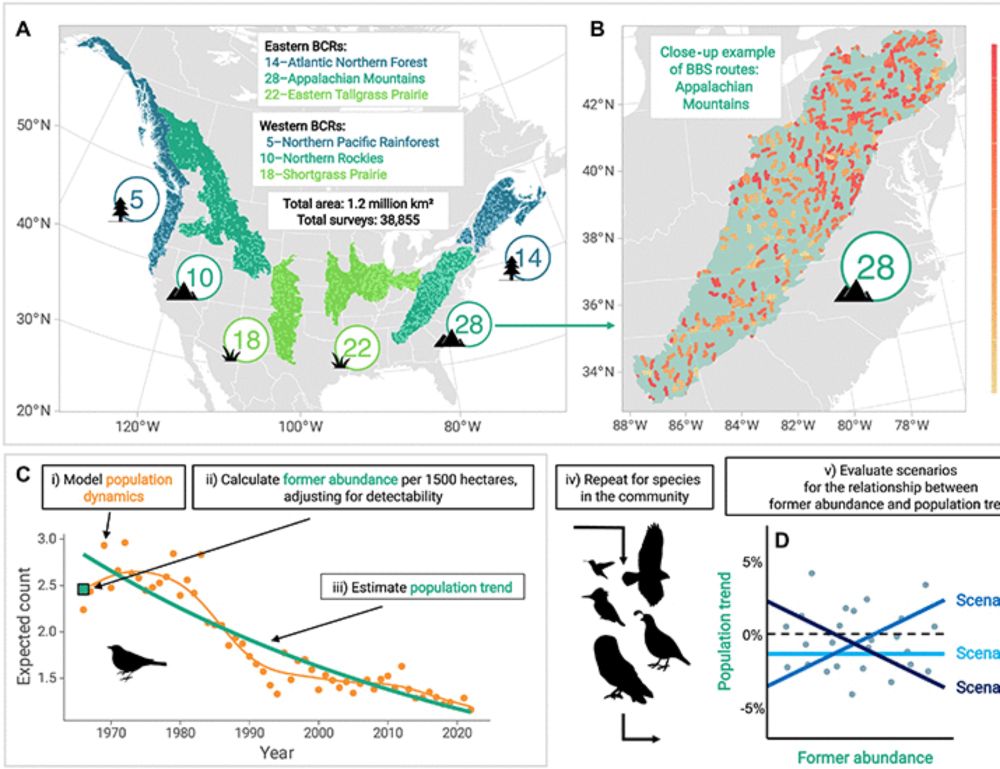
We found that formerly common species have declined the fastest, on average.
📄 North American bird declines are driven by reductions in common species | Science Advances www.science.org/doi/10.1126/...
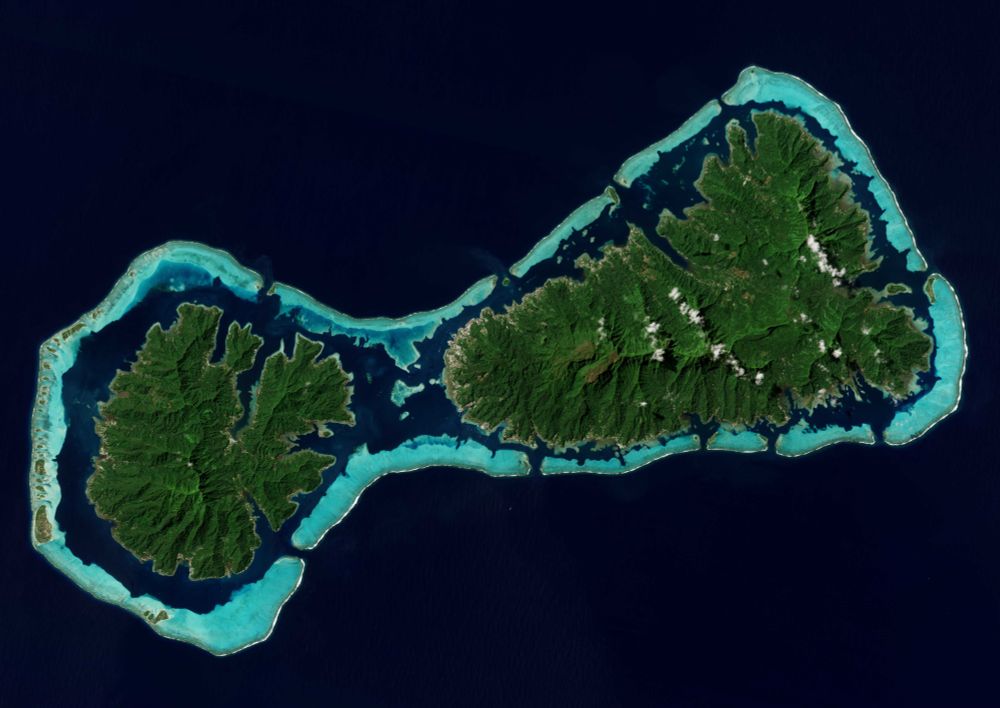

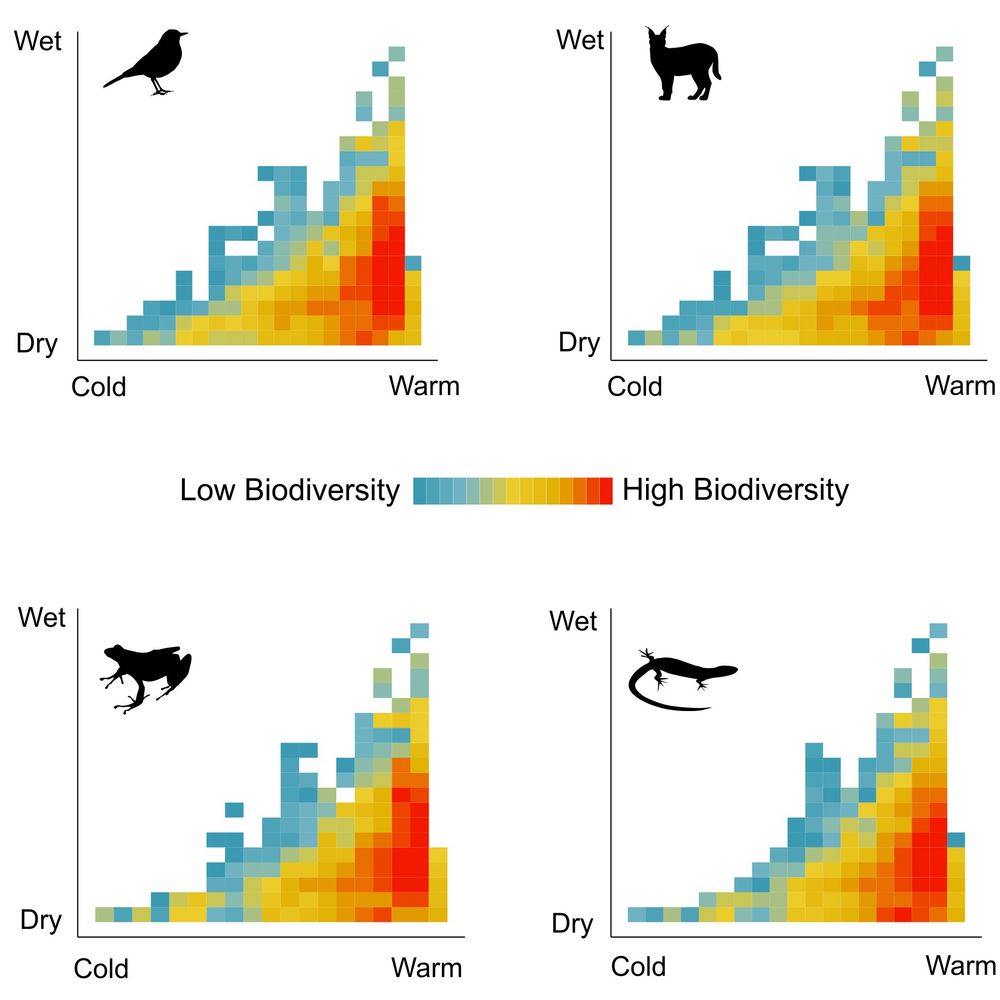
Article is open access and can be downloaded here:
lnkd.in/gaxzYppQ

Article is open access and can be downloaded here:
lnkd.in/gaxzYppQ

conferences.au.dk/tibs-aarhus-...
conferences.au.dk/tibs-aarhus-...
www.nature.com/articles/s41...
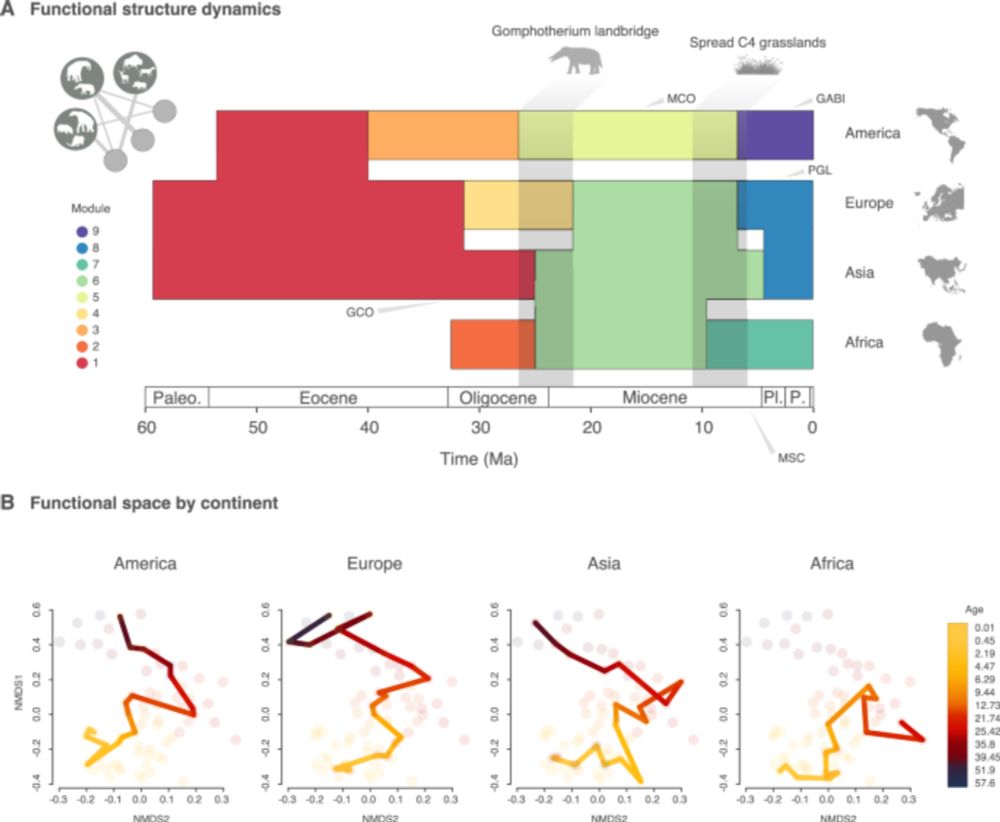
www.nature.com/articles/s41...
Chambers et al. 2025 PNAS
www.pnas.org/doi/10.1073/...

Chambers et al. 2025 PNAS
www.pnas.org/doi/10.1073/...
Reflections I wish someone had shared with me early in my research career.
predirections.substack.com/p/what-i-wis...
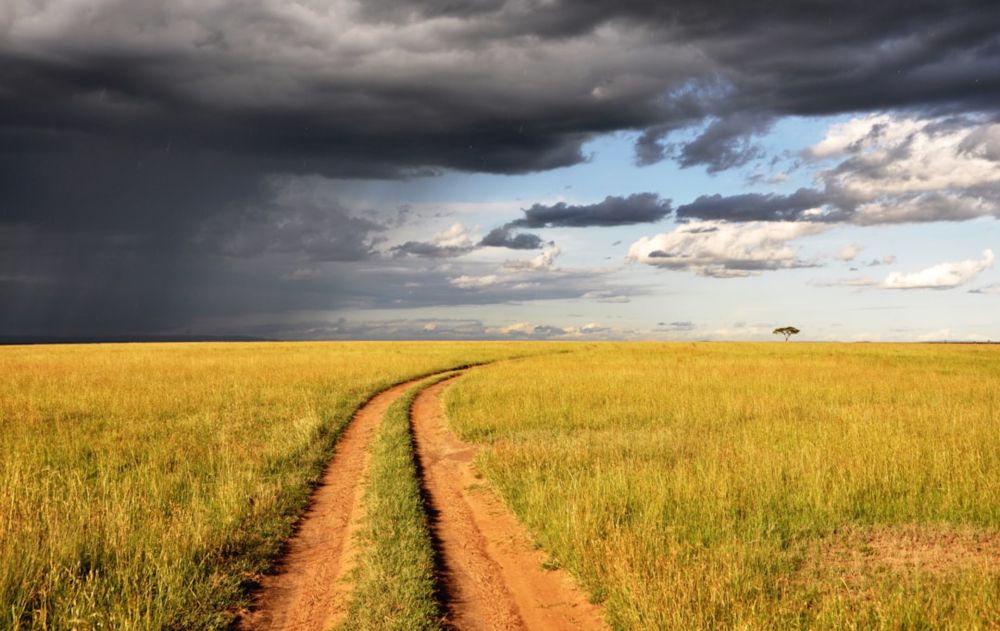
Reflections I wish someone had shared with me early in my research career.
predirections.substack.com/p/what-i-wis...
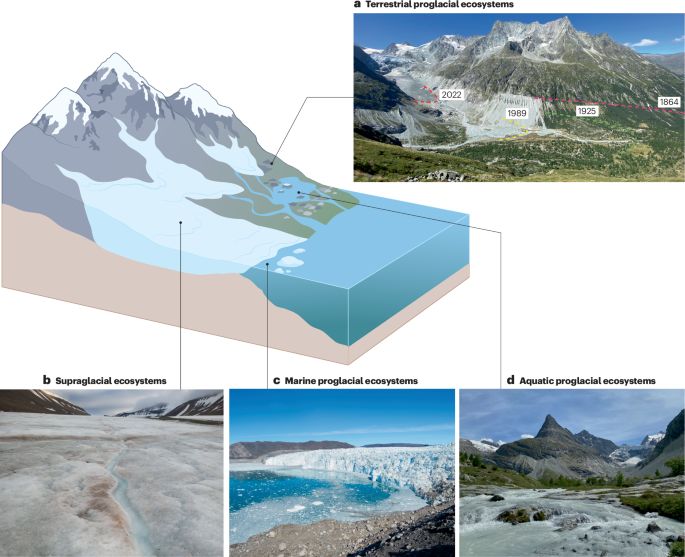
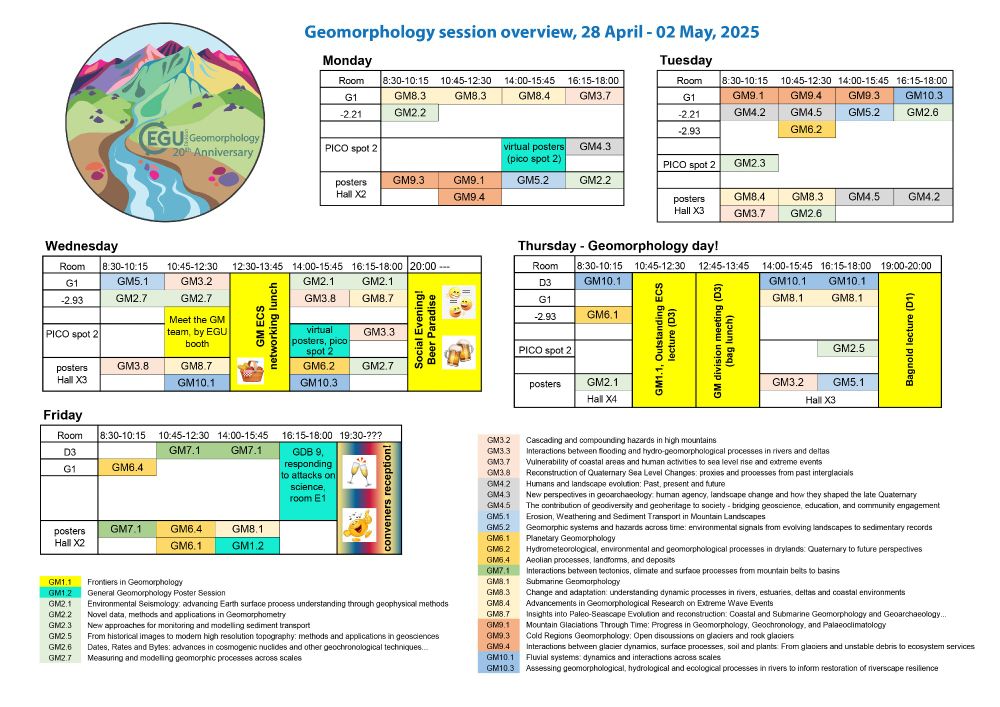


The impact of vegetation on delta landscapes and stratigraphy: Insights from physical experiments
🌱🌱🌱
🟨🟨🟨🟦🟦
🟨🟨🟨🟨🟦
More info here:
www.landscapeslive.org

The impact of vegetation on delta landscapes and stratigraphy: Insights from physical experiments
🌱🌱🌱
🟨🟨🟨🟦🟦
🟨🟨🟨🟨🟦
More info here:
www.landscapeslive.org


